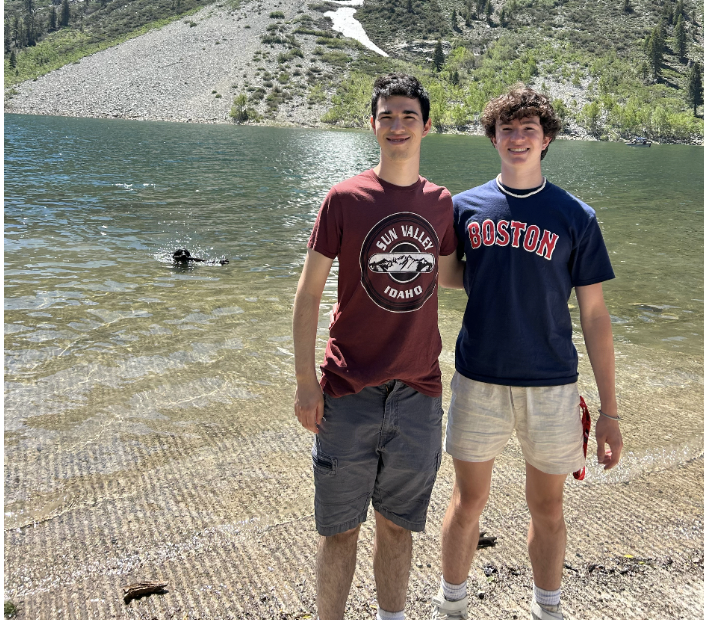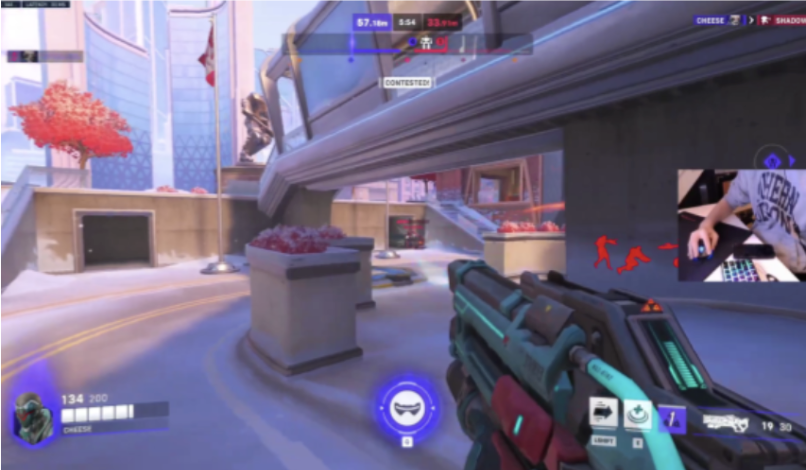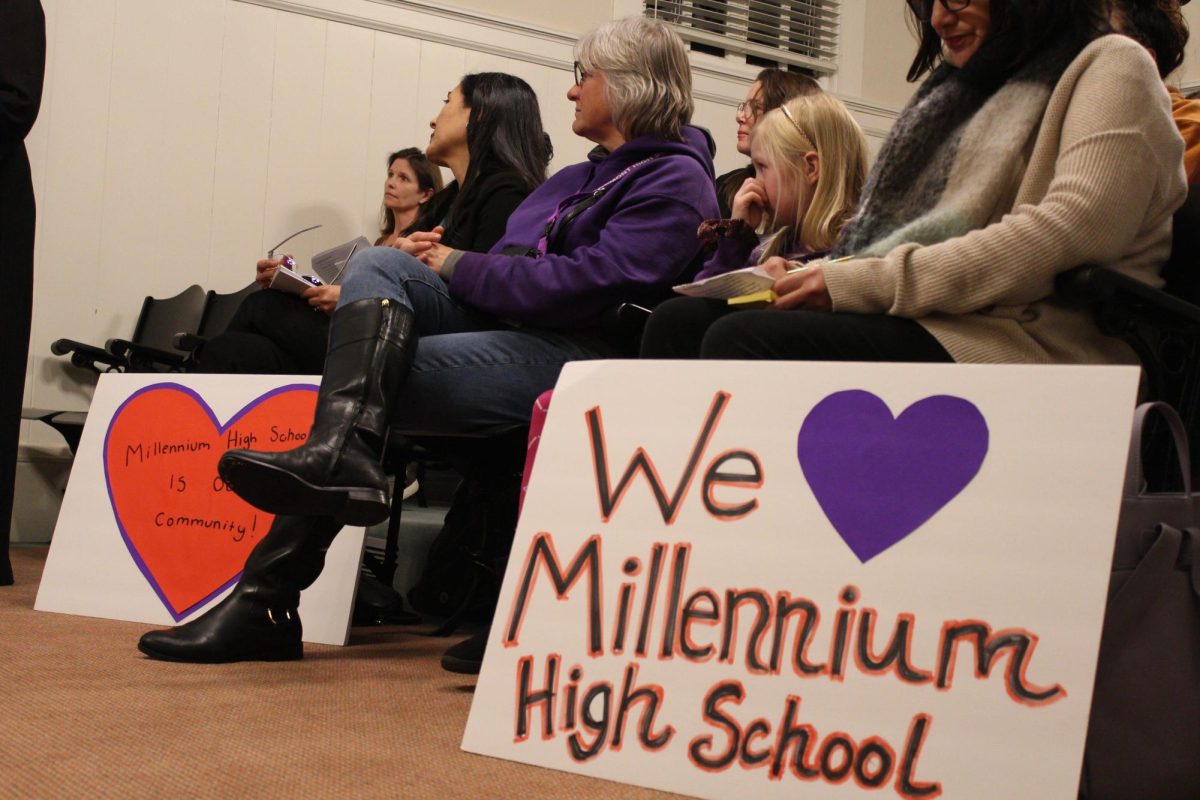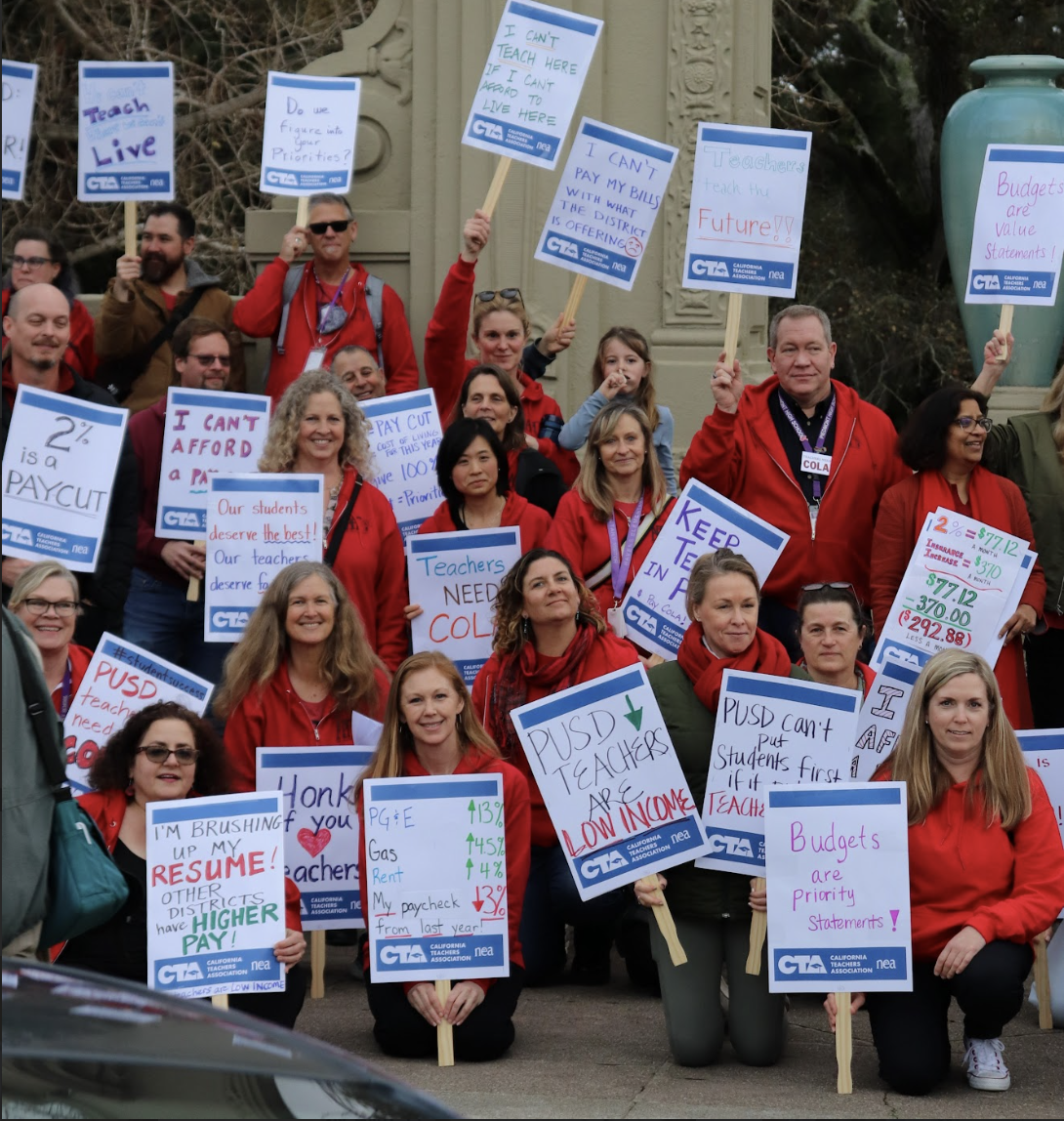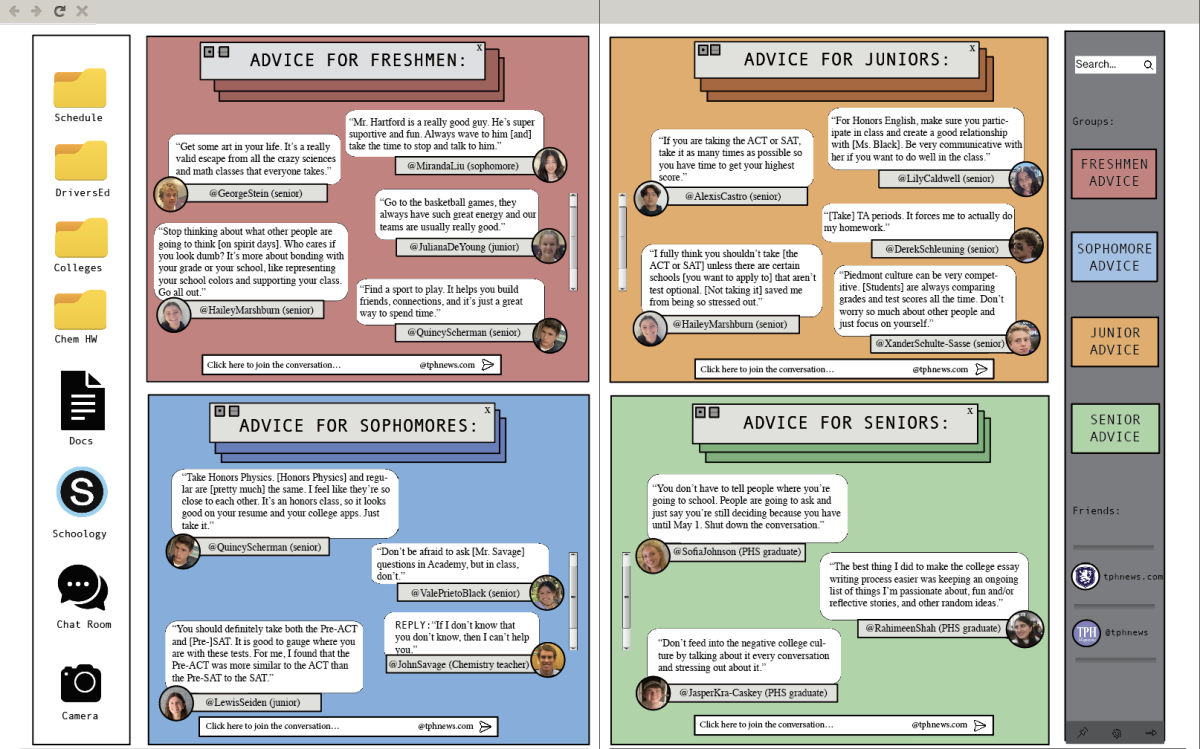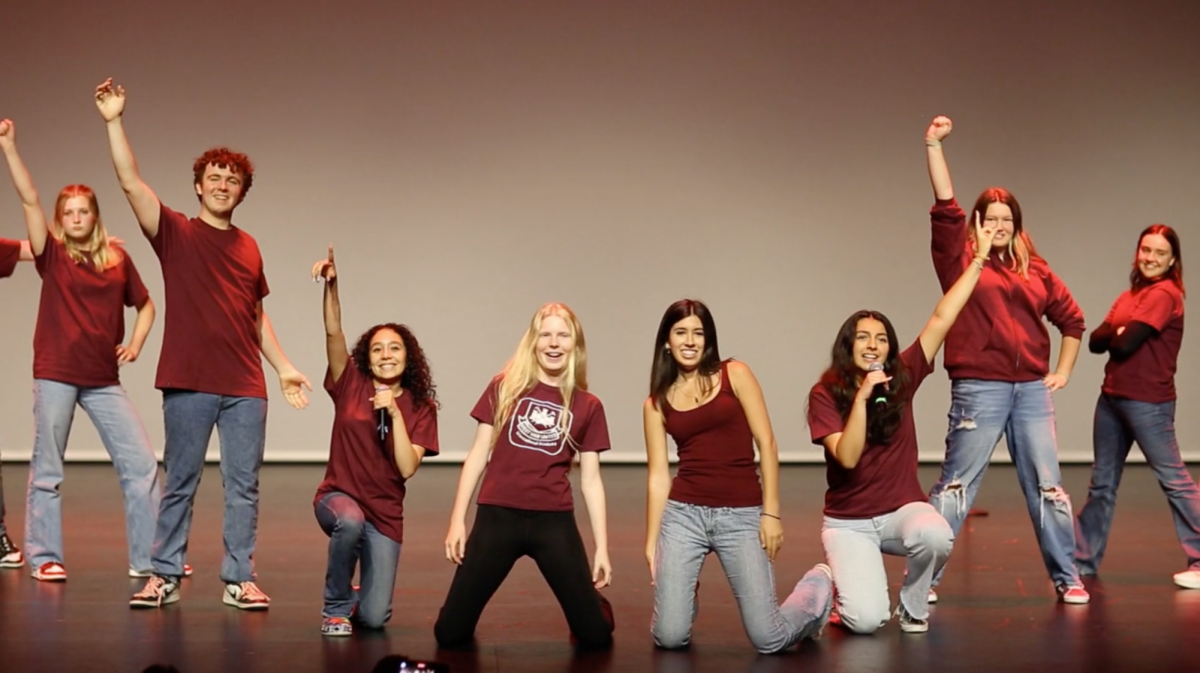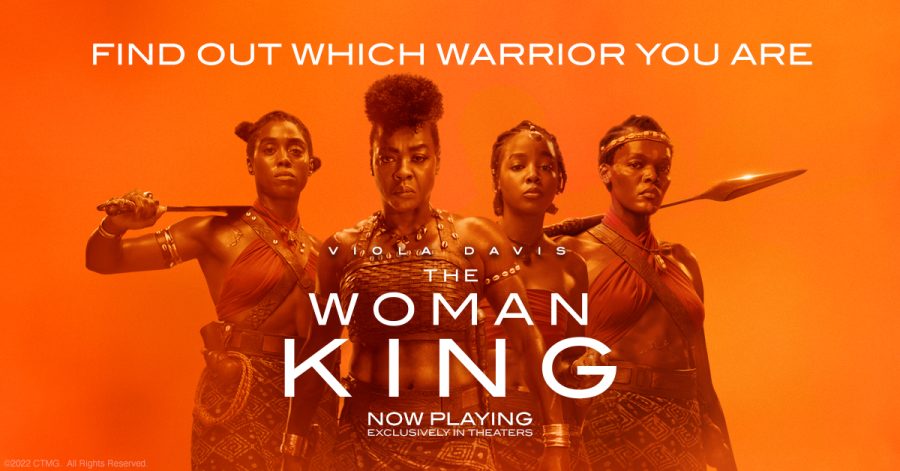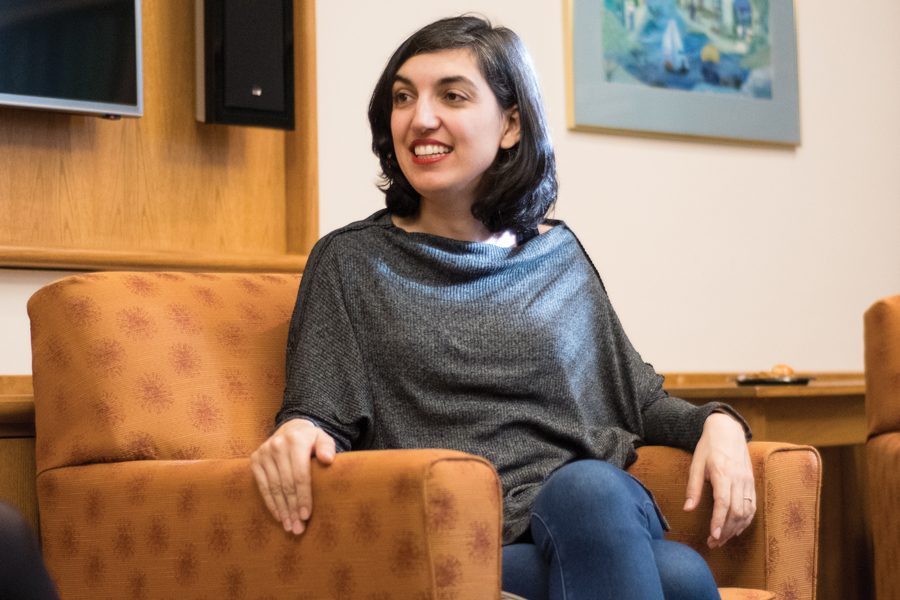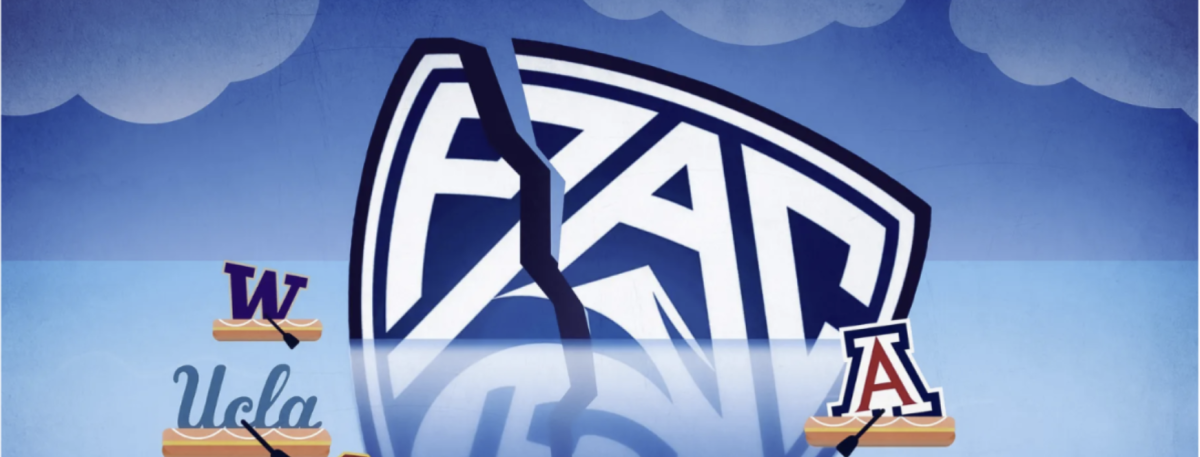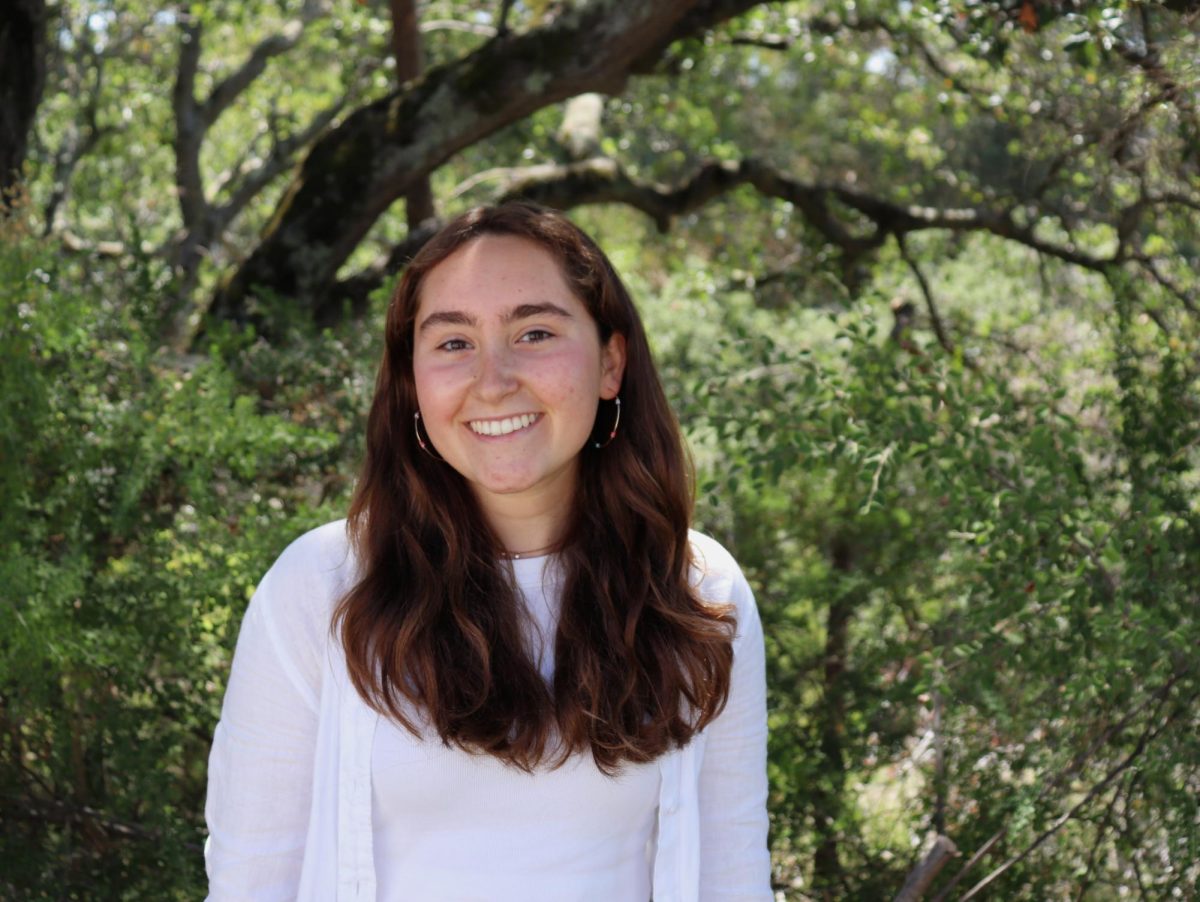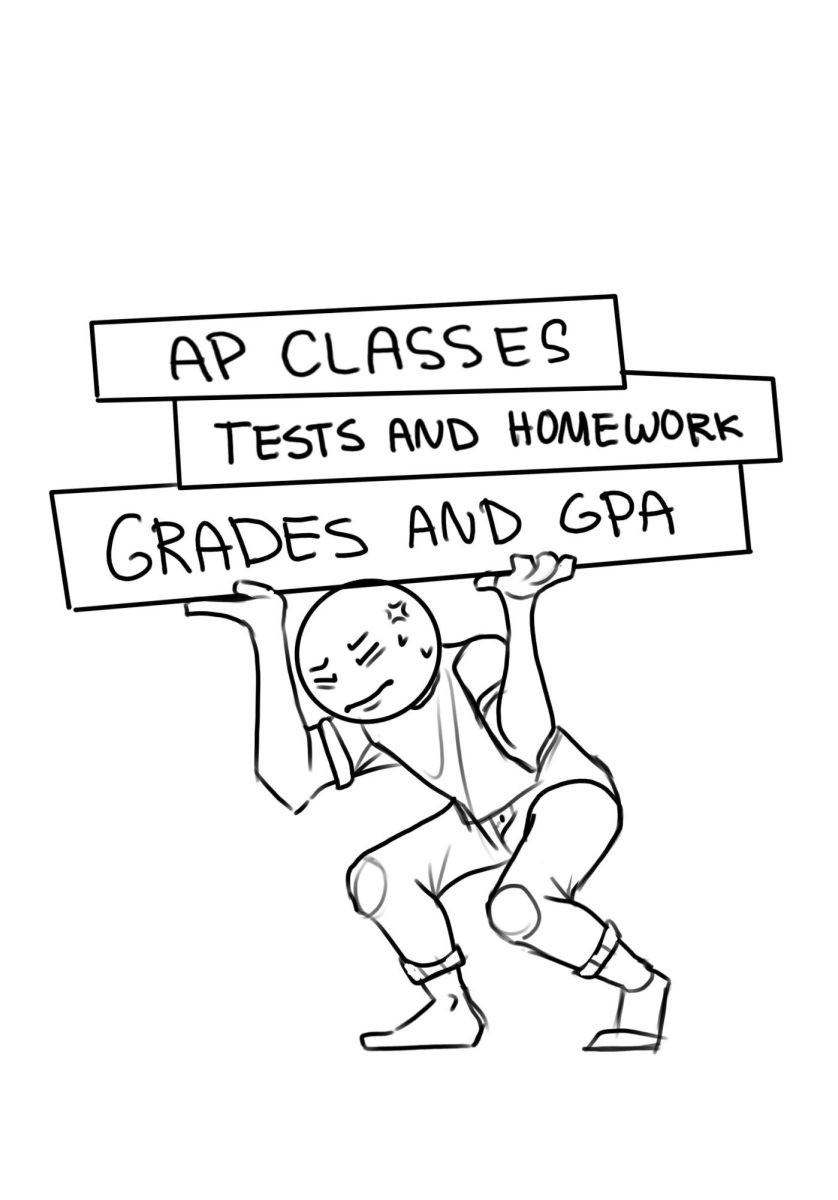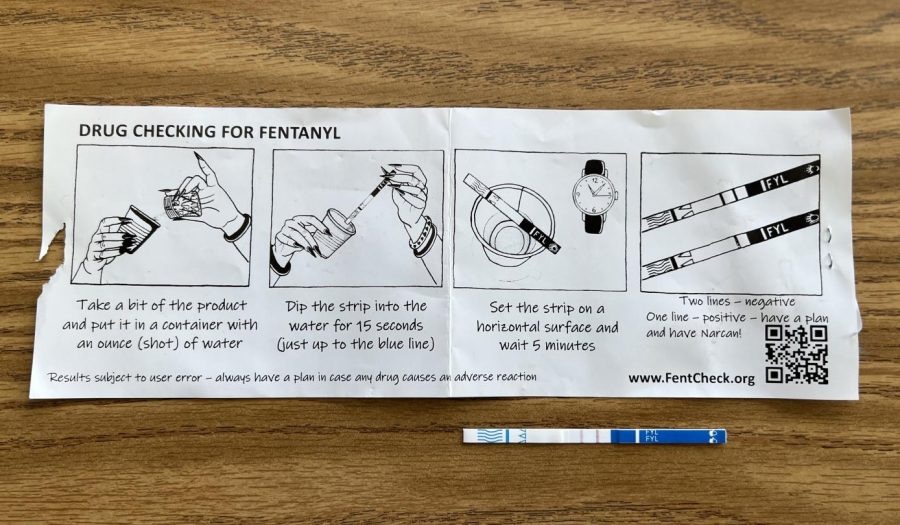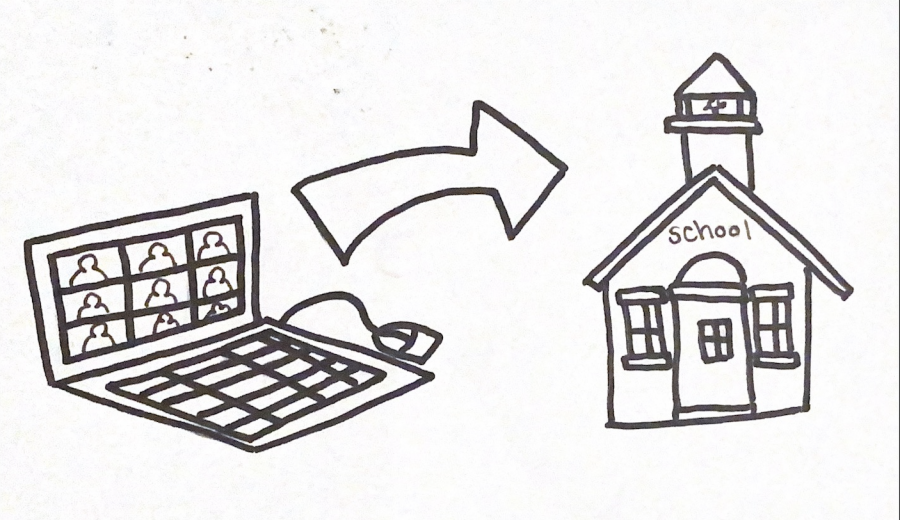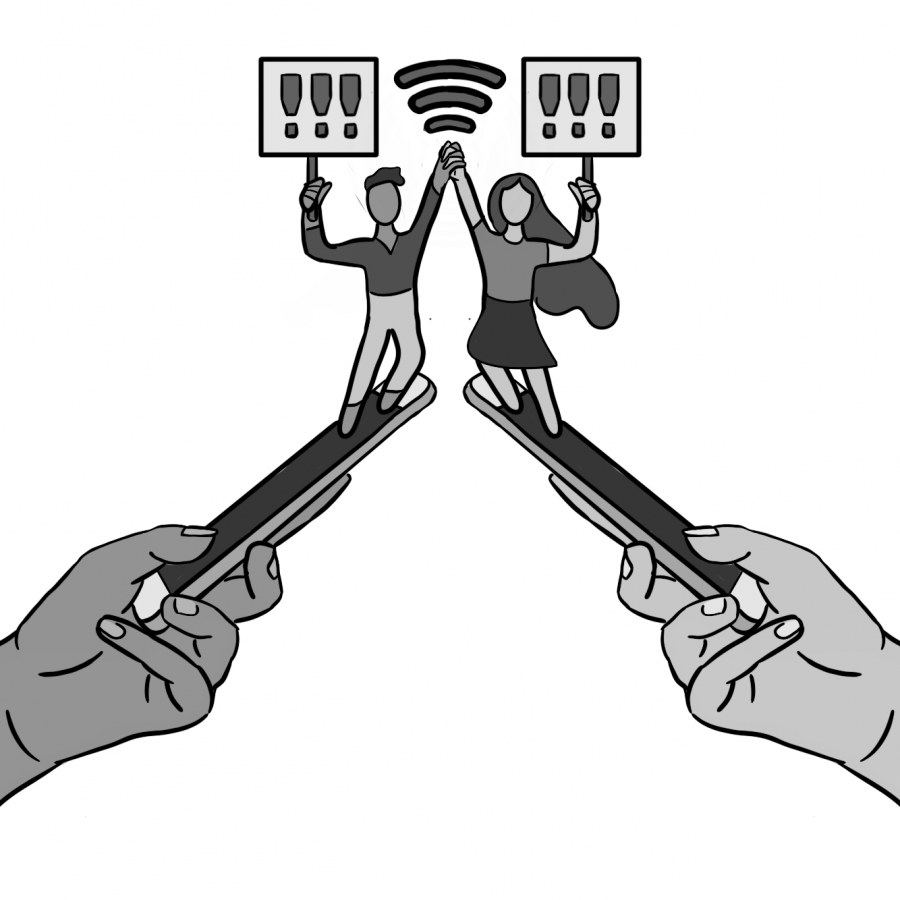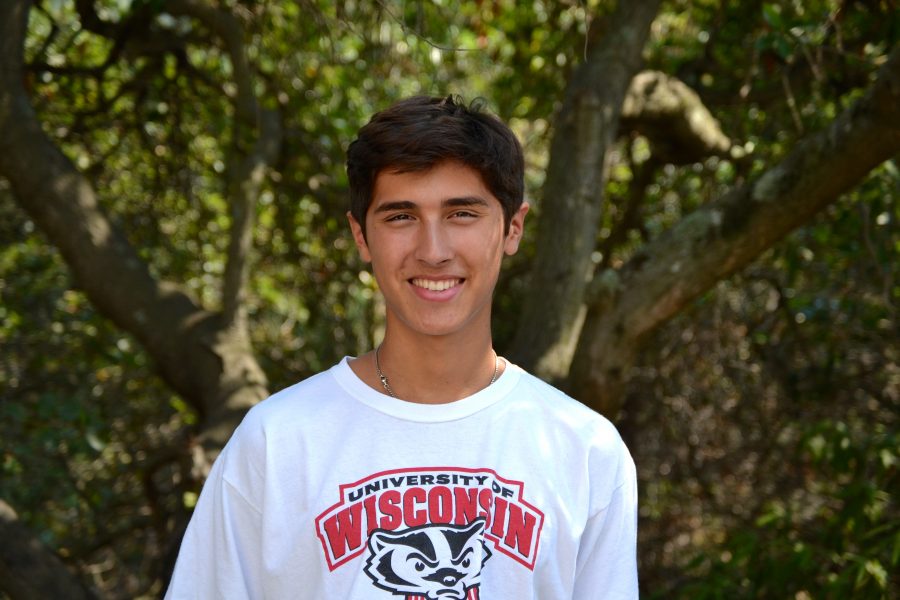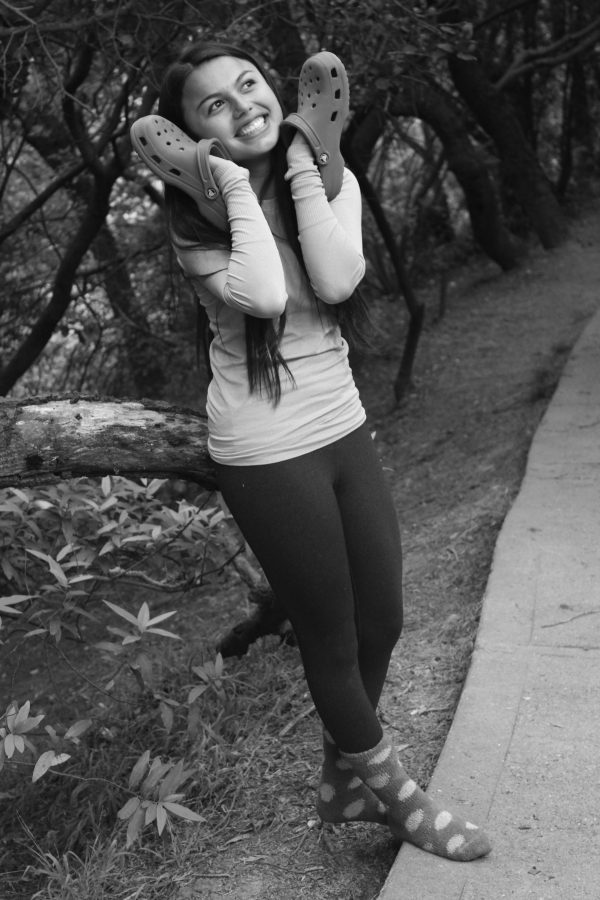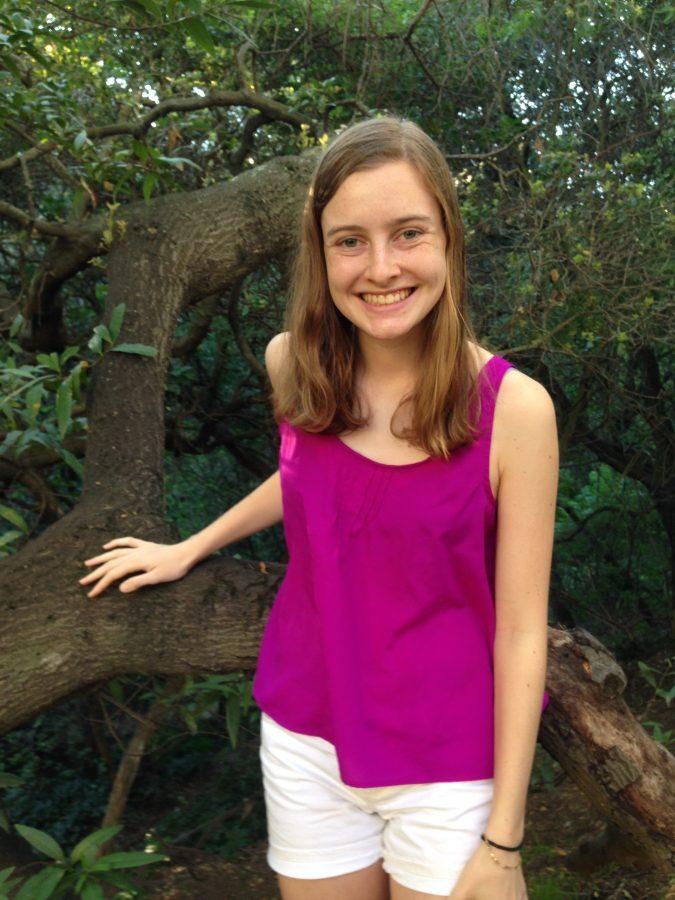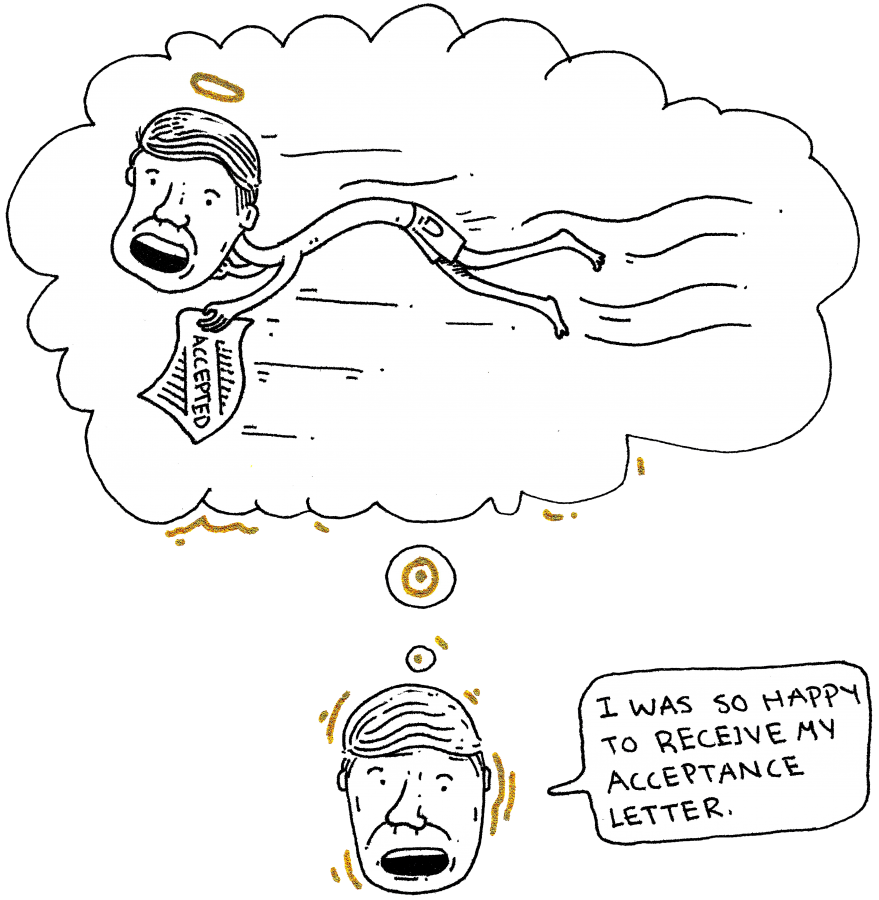It’s Halloween night, a Saturday. The doorbell rings, but instead of grabbing the candy bowl, the senior slams his keyboard in frustration and heads upstairs. He has an application to finish, and this November 1 deadline is only the beginning.
“You’ve always been told that this is where your whole school career has been leading up to — but you still don’t really realize it,” senior Bryce Waggener said of the college process.
After feeling like he was at a stalemate of not knowing where to apply, Waggener started meeting with a college counselor after the first quarter of senior year. She helped him make decisions, a stressful process that nevertheless left Waggener feeling better by the end of the week.
“The actual applications weren’t that difficult, but it’s just the stress of either having too many options or not having the options you want,” Waggener said.
For senior Drew Collins, finding a pool of colleges that he liked was definitely overwhelming.
“Finding those places I’d love to go was really hard, but once I got 10-15, it took all the stress away,” he said.
Collins said that he had a pretty laid back college process and that he did not experience much competition.
“In my head, any decision I made was the right one,” Collins said. “Any college that I decided to go to, anything that I decide to major in, that’s going to be the right decision for me at that time.”
For Collins, who was trying to get recruited for lacrosse, the highest stress of the college process was waiting to hear back from the coach at his favorite school, who never actually responded.
Sending in her first few applications was one of the most stressful parts, senior Zoe Kalbag said.
“It was a strange type of stress because I knew there wasn’t really anything I could do at that point,” Kalbag said.
Writing the personal statement was also really stressful because it is hard to communicate everything you want to say, Kalbag said.
Collins ended up writing most of his essays during winter break, both at home and while he was in Peru.
“We stayed on the Amazon and I would just have to sit in my bed, with all the crazy stuff going on around, writing essays, ” Collins said. “I definitely should have started earlier.”
Staying organized makes the application process a lot easier, College and Career Center director Allison Bly said.
“Make sure that you don’t overwhelm yourself by looking at the big picture the whole time, ” Bly said. “Break it into manageable pieces. ”
It is important to have a solid college list at the beginning of the fall, Bly said, and writing the common application essay and UC insight questions over the summer can alleviate some stress later.
She read about 30 essays last summer, less than usual because she was new to PHS.
Senior Sarah Chin planned to write her essays throughout the fall, but had no time to work on them until winter break, when she basically hid out in her house and wrote essays for two weeks.
“[Senior fall] was constantly stressful, but not because I was constantly working on essays,” she said.
Chin applied to more schools than she had originally intended, including schools that she hadn’t considered junior year.
“I ended up applying to 26 or 27 schools, which was a little bit excessive,” Chin said. “I definitely should not have applied to as many schools as I did.”
In some ways, Chin said that she took the college process too seriously, overestimating the impact it would have on the rest of her life.
“We’re so stressed out about the college applications process, but in the future, I’m going to look back and realize that it wasn’t a huge part of my life,” Chin said.
To Waggener, applying to college felt like a hard decision, or perhaps a series of hard decisions.
“What if the place you decide isn’t the right place?” Waggener said.
Waggener felt that many of his classmates, who were very directed in where they wanted to go and what they wanted to study, frequently stressed about the possibility of getting rejected from their school.
“My stress was ‘I don’t even have the path yet,’” Waggener said. “So I was wondering ‘‘Am I behind, or am I just different?’”
Chin also felt anxious when it seemed her friends were way ahead of her in the application process, she said.
Conversely, Collins felt he was distant from his friends’ stresses because he’d been admitted Early Decision, although he could definitely sense a bit of uneasiness when decisions came out.
As challenging and stressful as the application process can be, recieving decisions is even more difficult for some students.
Try to keep college decisions private, Bly said, because they often make your classmates anxious.
‘I think a lot of the stress comes from the chatter amongst the students themselves,” Bly said. “Minimizing the talk about college between friends and peers is really important.”
Waggener said that when decisions came out, everyone was nervous to share results. There were internal tensions that you could feel, Waggener said.
“People just stop talking about it all of a sudden, ” Waggener said. “You don’t hear a lot about where people didn’t get into, you just hear about where people did get in.”
Waggener said that he tried to look on the bright side of his rejections, thinking that maybe a school that rejected him wouldn’t have worked in the first place.
“It really isn’t the end of the world,” Waggener said. “The sun will come up tomorrow even if you don’t get into that one school that you really wanted to go to.”
High school is a time of discovery, Waggener said, and part of that means not restricting yourself to the plans you had when you were younger.
“You really want to do what you think is right now rather than what you think has been right for most of your life,” he said.
Waitlists were worse than the rejections, Kalbag said, because they feel more like rejections than acceptances.
Kalbag, who was waitlisted at four schools, found the process both surprising and frustrating.
“It was this overwhelming feeling of uncertainty – I didn’t know where I fit in,” Kalbag said. “It’s frustrating because you have this sense that you can do it.”
There’s an unwritten code of conduct around the waitlist, Kalbag said. People don’t really talk about it, and the school websites tell you not to call or email.
“But people tell you you should call them every day, email them, send them muffin baskets,” Kalbag said.
When she got off the waitlist at one school, Kalbag had two days to decide.
“I was changing my opinions every day, every week,” Kalbag said. “I just couldn’t make a decision in two days.”
At this point, Kalbag is still considering pursuing one school where she is waitlisted, but she would be happy to go there or to the school where she committed.
“I’m still in limbo a little bit, trying to hold off making deposits until the last possible moment,” Kalbag said. “But if getting off the waitlist doesn’t happen, I’m sure I’ll be fine.”
Any major life event is going to be stressful, including choosing a college, Bly said.
“Now, 20 years out, I don’t care where my friends went to college,” Bly said. “I just wish that people could understand that it may not be as important as they think. It’s four years of your life.”



